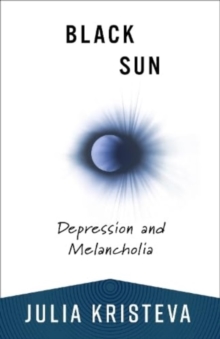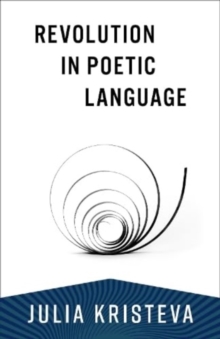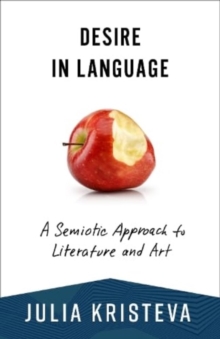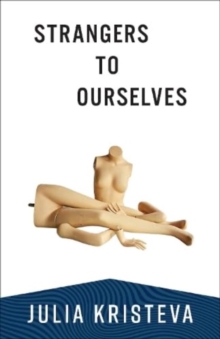
Gilles Deleuze and Felix Guattari : Intersecting Lives Hardback
by Francois Dosse
Part of the European Perspectives: A Series in Social Thought and Cultural Criticism series
Hardback
Description
In May 1968, Gilles Deleuze was an established philosopher teaching at the innovative Vincennes University, just outside of Paris.
Felix Guattari was a political militant and the director of an unusual psychiatric clinic at La Borde.
Their meeting was quite unlikely, yet the two were introduced in an arranged encounter of epic consequence.
From that moment on, Deleuze and Guattari engaged in a surprising, productive partnership, collaborating on several groundbreaking works, including Anti-Oedipus, What Is Philosophy? and A Thousand Plateaus. Francois Dosse, a prominent French intellectual known for his work on the Annales School, structuralism, and biographies of the pivotal intellectuals Paul Ricoeur, Pierre Chaunu, and Michel de Certeau, examines the prolific if improbable relationship between two men of distinct and differing sensibilities.
Drawing on unpublished archives and hundreds of personal interviews, Dosse elucidates a collaboration that lasted more than two decades, underscoring the role that family and history--particularly the turbulent time of May 1968--play in their monumental work. He also takes the measure of Deleuze and Guattari's posthumous fortunes and the impact of their thought on intellectual, academic, and professional circles.
Information
-
Available to Order - This title is available to order, with delivery expected within 2 weeks
- Format:Hardback
- Pages:672 pages, 29 illus.
- Publisher:Columbia University Press
- Publication Date:20/07/2010
- Category:
- ISBN:9780231145602
Other Formats
- Paperback / softback from £27.89
Information
-
Available to Order - This title is available to order, with delivery expected within 2 weeks
- Format:Hardback
- Pages:672 pages, 29 illus.
- Publisher:Columbia University Press
- Publication Date:20/07/2010
- Category:
- ISBN:9780231145602










